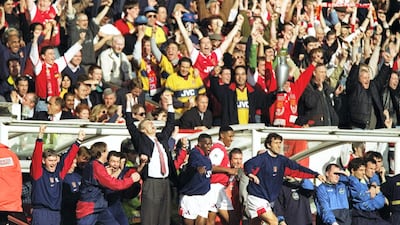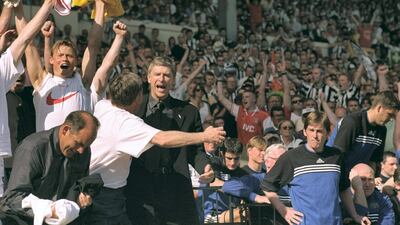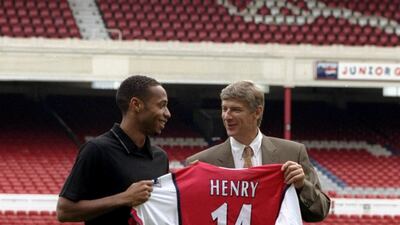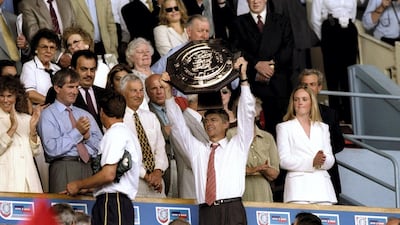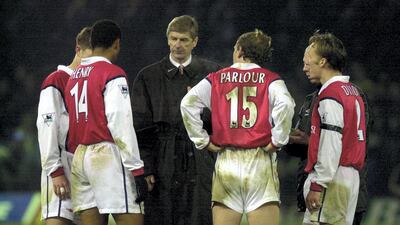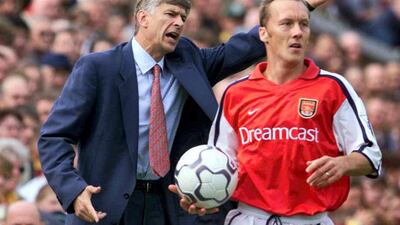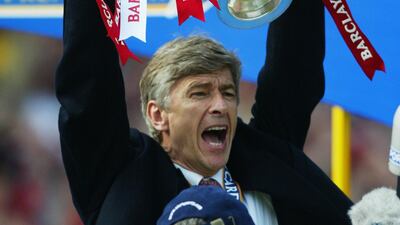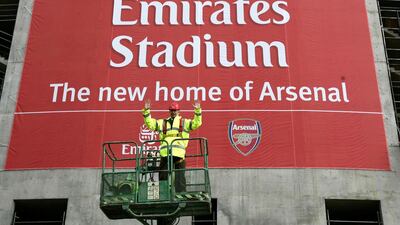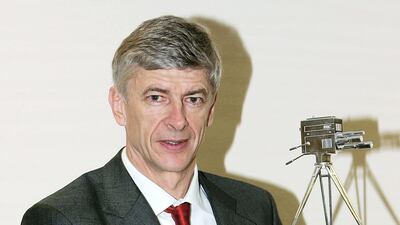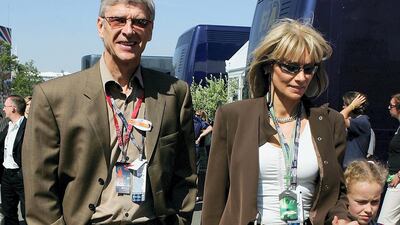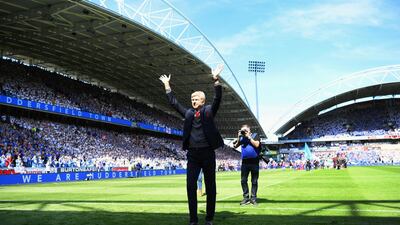It was a decision that many had been expecting for several years, but still one that seemed to shock the football world.
With the end of the 2017/18 closing in, Arsene Wenger suddenly announced that he was leaving Arsenal after 22 years at the club, despite having 12 months of his current contract still to go.
The Frenchman had overseen a footballing revolution at Arsenal and the transformation at the club from when he took over as an unknown manager in 1996, to the one he would leave behind at the end of the season, was truly remarkable.
"Arsene Who?" read the London Evening Standard billboards after the quietly spoken manager of Japanese side Grampus Eight was announced as the full-time replacement for Bruce Rioch. Everyone would know his name soon enough.
In his time, Arsenal won three Premier League titles and a record seven FA Cups, including the Double in 1998 and 2002.
He would guide his 2003/04 team of 'Invincibles' through an entire season unbeaten, was the driving force behind the club's state-of-the-art, purpose-built training ground and was in charge for the move from their old Highbury ground to the Emirates Stadium in 2006.
Paying for that £390 million (Dh1.79 billion) impressive new 60,000-seater arena would ultimately deny Wenger the chance to compete at the very top during what should have been his peak years as a manager.
With his transfer budget severely restricted, any hopes of adding to his three league titles were pretty much ended.
The likes of Chelsea, old rivals Manchester United and, later, Manchester City would dominate the Premier League landscape as Arsenal would be forced to settle for Champions League qualification, season after season.
When Wenger finally announced he was going, Arsenal had not won the league in 14 years and the manager himself had been on the receiving end of vicious abuse form supporters for a number of seasons. It was testament to Wenger's inner-strength that he had lasted so long.
“After careful consideration and following discussions with the club, I feel it is the right time for me to step down at the end of the season,” the 68-year-old said in a statement.
“I am grateful for having had the privilege to serve the club for so many memorable years. I managed the club with full commitment and integrity.
“I urge our fans to stand behind the team to finish on a high. To all the Arsenal lovers take care of the values of the club.
"My love and support for ever.”
Arsenal’s majority shareholder, Stan Kroenke, paid tribute to Wenger and hailed his influence on the club.
“This is one of the most difficult days we have ever had in all our years in sport,” Kroenke said. “One of the main reasons we got involved with Arsenal was because of what Arsene has brought to the club on and off the pitch.
"His longevity and consistency over such a sustained period at the highest level of the game will never be matched."
Alex Ferguson, Wenger's old sparring partner when Arsenal and Manchester United were the dominant forces in England, hailed his "talent, professionalism and determination".
"I am pleased he has announced he is leaving at this stage of the season as he can now have the send-off that he truly deserves," said Ferguson, who retired from football in 2013.
"He is, without doubt, one of the greatest Premier League managers and I am proud to have been a rival, a colleague and a friend to such a great man.
"It is great testament to his talent, professionalism and determination that has been able to dedicate 22 years of his life to a job that he loves."
Wenger would later reveal that it “was not my decision” to leave and has not returned to the Emirates since.
Bob Wilson, who was Arsenal's goalkeeping coach when Wenger first became manager, believes Wenger should have gone the previous season and that his friend and colleague missed out on the happy ending he deserved.
He told The Athletic: "I wish, like mad, that when we lifted the trophy in that FA Cup final against Chelsea [in 2017] he had realised that was the time."
But, Wilson insists, that should in no way detract from the "revolution” Wenger brought to English football from the moment he arrived back in 1996.
“Arsene was different to everybody else who was around at that time," he said.
"He changed the philosophy of managers, of clubs, of players. He brought football into a totally different era. The man was a visionary.”

